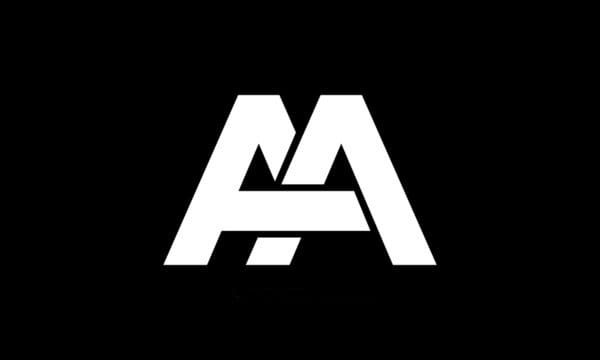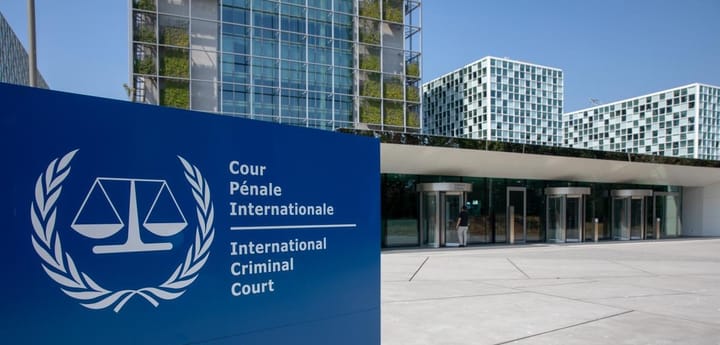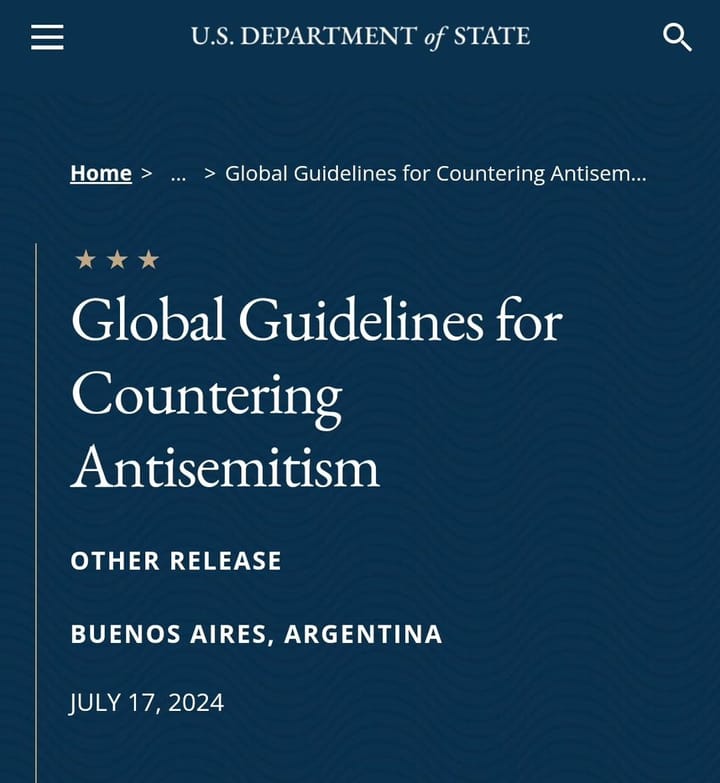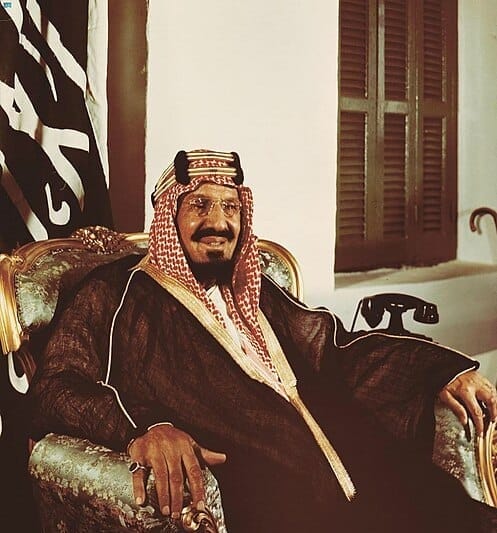Pro-Palestinian Protests Banned/Limited in the GCC, Jordan, Morocco & Egypt – The West Must Follow Suit

As of November 2024, most of the leading Islamic countries in the Middle East and beyond have placed bans and limits on pro-Palestinian protests. In light of recent riots in Amsterdam involving football fans who targeted Israeli supporters of the Maccabi Tel Aviv club after their UEFA Champions League match against Ajax. This article examines why Europe and the United States must consider following suit.
Hamas, Jihadism & Restrictions in Sunni-Arab States
Starting from Jordan, almost every Arab state has faced a constitutional crisis because of militant violence linked to armed Palestinian groups.[1][2]. As ethnic Arabs, Palestinians in every state qualify to become full citizens. However, the consensus between Islamic countries to withhold citizenship from Palestinians means they have to be treated as refugees in perpetuity.
Aside from the direct involvement of Palestinian militias in attacking state figures, there is the challenge of militancy spreading in camps and communities where Palestinians live across the Middle East and North Africa. Opportunistic populist religious clerics can always use the Palestinian case to further their agenda, and this almost always leads the population to question the actions of the government in power.
Hence, the need to restrict militancy and collective actions relating to the Palestinian question stems from:
1. The need to preserve sovereignty among Islamic and Arab states,
2. Suppress radicalization, and militancy, and
3. Maintain law and order.
If universities and similar institutions are permitted to protest against the war in Gaza, the disorder that will follow will be uncontrollable. Thus, some restrictions are inherently necessary to protect law and order.
The GCC
Saudi Arabia and the GCC have been increasingly concerned with instability and treason since the spate of protests began in 2011. Saudi Arabia took an uncompromising position on protests by executing 47 people in early 2016, including suspected Iran-linked preachers who were known for criticizing the monarchy[3].
Since then, Saudi Arabia has moved to ban and censor its media to prevent the leakage of hostile content. This was replicated across the GCC, where protests were limited significantly. Destabilizing elements were either imprisoned or expelled from this country. The GCC strongly condemned Qatar, which took a middle way in the entire process. Now, Qatar is reported to have given Hamas a deadline to leave its territory after hosting them for many years.
Within the framework of those laws, pro-Palestinian protests were banned en masse after the war in Gaza commenced in October 2023. Throughout the beginning of the current year, Saudi Arabia has maintained a rigid ban on Palestinian symbols like the keffiyeh, which are seen in most pro-Palestinian protests throughout the West. Even some hajj pilgrims were detained in Saudi Arabia for wearing the keffiyeh last year and this year.
The Saudis will not allow cracks that open the floodgates of protests and disorder.
Egypt & Jordan
These two countries started off as the most hostile states to Israel in the first few decades of Israeli independence. However, they have come to appreciate the disorder and chaos that unlimited pro-Palestinian agitation can cause.
Egypt normalized ties with Israel in 1980, and Jordan followed in 1993 before the Palestinians under Arafat normalized ties with Israel in 1994. These two states remain fragile and cannot stand the pressures of populism and militancy. Thus, they maintain a tight grip on affairs.
Protests are the leading indicators of destabilization. Thus, Egypt and Jordan have placed a lid on protesters who might want to take advantage of the widespread criticism of Israel in the ongoing war in Gaza.
Morocco
The king of Morocco continues to reiterate that “there are no Jewish citizens of Morocco, there are only Moroccan citizens”.
The Maghreb (the extreme west of Islamic lands in North Africa) is known for its tolerance, diversity, and inclusion. Credit for this goes to the Moroccan monarchy, which has cemented relations between its Jewish subjects and Muslim citizens for many generations.
Morocco’s king deems it a responsibility to protect Jews within the realm. Due to this, actions have always been in place to limit mobs from attacking Jews.
As part of his protectionist role, the king of Morocco recently placed limits on pro-Palestinian preaching. The Moroccan minister of Islamic Affairs stated that criticisms and condemnations aimed at ending the killings in Gaza are welcomed. However, it should not lead to incitement that will hamper the lives of minorities or lead to disorder.
Morocco wants to protect Jewish lives and also protect the state from an unnecessary war that will cost everyone tremendously. Such wars often start from the convergence of elements that cite issues widely condemned by the public.
The West
Seeds of anti-Eurocentric ideas have already been sown in Western states over the past few decades. The principles of free speech have been hijacked by anti-western ideologies legitimized by the notion of fighting oppression.
Gaza’s war is one of the fertile grounds for the convergence of the more radical elements of these groups.
Protests continue, and in Amsterdam last week, we saw what such riots could degenerate into.
Since the Amsterdam riots, the Dutch authorities have placed a temporary ban on protests. However, this ban has been repeatedly breached.
This shows that the leading Western countries face a major risk of riots and constitutional crises until proper measures are taken to limit the challenges ahead.
Conclusion
No sovereign state can overlook Hamas' type of massacres on October 7, 2023. Hamas does not provide the bare essentials for the people of Gaza as a legitimate state is required. Instead, Hamas embezzled and misapplied aid funds to build an elaborate terror infrastructure that Israel has been targeting since the Gaza War began. Gruesome images and the one-sided blame of Israel's attempts to absolve Hamas of its actions. This has made anti-Israel sentiment popular in the imagination of many people around the world. To avert unnecessary disorder and wars, most Arab and Islamic countries have banned pro-Palestinian protests. Morocco joined the trend in the name of protecting its Jewish subjects who have nothing to do with the war in Israel, and also limit incitement and radicalization. Meanwhile, the West has done far less than these Islamic countries to prevent incitement and radicalization. The Amsterdam riots that targeted Jews are an early sign of what can go wrong in the future. As such, the onus is on European and American leaders to limit the abuse and misuse of these protests. Otherwise, #TheWestIsNext in the domino effect of destabilizing acts by anti-Israel elements.
[1] Emilie Combaz. "Extremist radicalisation towards non-state political violence in Jordan" GSDRC - Applied Knowledge Services. Published: April 9, 2015. Available at: https://www.gsdrc.org/wp-content/uploads/2016/07/HDQ1265.pdf
[2] Barry Rubin. The Transformation of Palestinian Politics: From Revolution to State-Building. (Boston, MA: Harvard University Press, 2009) pp140-155
[3] Nicola Slawson. "Saudi execution of Shia cleric sparks outrage in the Middle East" The Guardian. Published: January 2, 2016. Available at: https://www.theguardian.com/world/2016/jan/02/saudi-execution-of-shia-cleric-sparks-outrage-in-middle-east




